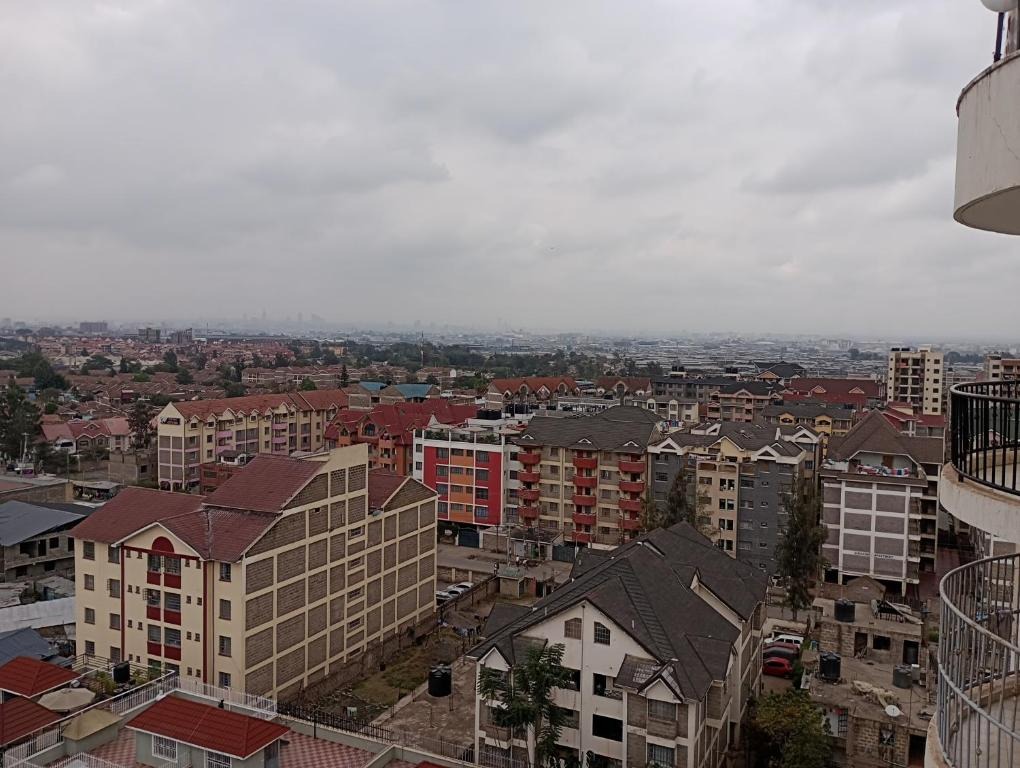As Kenya’s real estate market continues to flourish, with both local and international interest on the rise, understanding the intricacies of property taxes is essential for buyers and renters alike. Whether you’re considering purchasing your dream home or searching for the perfect rental property, navigating Kenya’s tax landscape can be daunting. However, armed with the right knowledge, you can make informed decisions and avoid any unexpected financial burdens down the road.
Understanding Property Taxes in Kenya

In Kenya, property taxes are primarily governed by the Local Government Act and the Land Act. These taxes are levied by local authorities and are crucial for funding public services and infrastructure development within their jurisdictions. There are several types of property taxes that buyers and renters should be aware of:
- Annual Land Rent: One of the most significant property taxes in Kenya is the annual land rent, which applies to leasehold properties. Leasehold tenure grants individuals the right to use land for a specified period, subject to the payment of rent to the government or relevant authority. The amount of land rent varies depending on factors such as location, size of the land, and its designated land use.
- Stamp Duty: Stamp duty is a tax imposed on various legal documents, including property transfers, leases, and agreements. When buying or renting a property in Kenya, you’ll likely encounter stamp duty costs. For property transfers, the stamp duty rate is calculated based on the property’s value or the consideration paid, whichever is higher.
- Rental Income Tax: For landlords and property owners who earn rental income, they are required to pay rental income tax to the Kenya Revenue Authority (KRA). This tax is charged on the gross rental income earned from letting out residential, commercial, or industrial properties. However, landlords can deduct certain expenses, such as property maintenance costs and mortgage interest, before calculating their taxable rental income.
- Capital Gains Tax: Capital gains tax applies to the profit made from the sale of property or land. If you sell a property in Kenya, you may be subject to capital gains tax on the difference between the selling price and the property’s acquisition cost. However, there are exemptions available, such as the sale of a primary residence or agricultural land held for more than three years.
- Property Rates: Local authorities levy property rates as a form of taxation on both residential and commercial properties. These rates are based on the annual value of the property and are used to fund local services such as garbage collection, street lighting, and road maintenance. Property rates vary across different counties and municipalities in Kenya.
Tips for Buyers and Renters

Now that we’ve covered the various property taxes in Kenya, here are some tips for buyers and renters to consider:
- Budget for Taxes: When budgeting for your property purchase or rental, don’t forget to account for taxes and associated costs such as legal fees and valuation fees. Understanding these expenses upfront will help you avoid financial surprises later on.
- Seek Professional Advice: Real estate transactions can be complex, especially when it comes to taxation. Consider seeking advice from qualified professionals such as real estate agents, lawyers, and tax consultants who can provide guidance tailored to your specific situation.
- Research Local Tax Rates: Property tax rates can vary significantly depending on the location of the property. Before making any commitments, research the property tax rates in the area to ensure they align with your budget and financial goals.
- Plan for Future Tax Obligations: If you’re buying property as an investment, consider the long-term tax implications such as rental income tax and capital gains tax. Developing a tax-efficient strategy can help maximize your returns and minimize your tax liability over time.
- Stay Updated on Tax Regulations: Tax laws and regulations can change periodically, so it’s essential to stay informed about any updates or amendments that may affect your property taxes. Regularly consult reliable sources or seek professional advice to ensure compliance with current tax requirements.
In conclusion, navigating Kenya’s property tax system requires careful consideration and planning for both buyers and renters. By understanding the various taxes involved, budgeting accordingly, and seeking professional advice when needed, you can make informed decisions and enjoy the benefits of property ownership or rental in Kenya’s dynamic real estate market.







